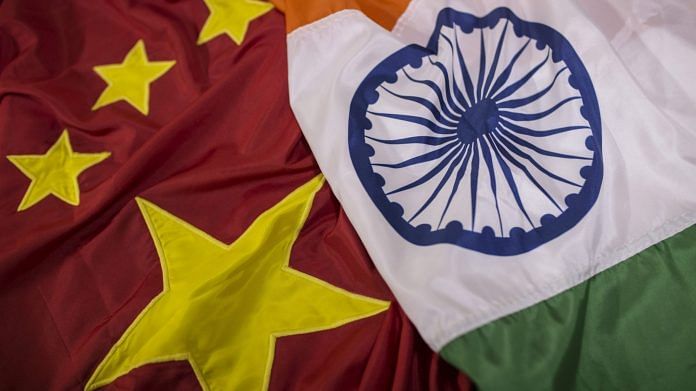
Thank you dear subscribers, we are overwhelmed with your response.
Your Turn is a unique section from ThePrint featuring points of view from its subscribers. If you are a subscriber, have a point of view, please send it to us. If not, do subscribe here: https://theprint.in/
Efficient governance in a sovereign state is directly proportional to the National
character. A caution here is relevant – National character is not Nationalism.
Preamble
Violence has been part of the larger Indian polity as it existed variedly and evolved in the past three millennia. It has always seen strife and violence except for an odd Ashoka and Budha. Even Buddhism supports war as an ultimate instrument of peace. Every Indian chieftain, king and emperor have fought innumerable battles and wars supported by their respective clerics from either Brahminism or Buddhism. Millions died in those encounters. Numerous bloody battles have been fought on Indian soil – not in the distant past – during the Mughal era and the European intrusion of our Nation.
The bottom line is, conflicts and violence are existential truths in Indian society and
just can’t be wished away. In the era of modern history too, India has been deeply
involved in the two world wars and three big wars and some battles on its borders even
after India obtained Independence. The Independence itself saw widespread violence
and deaths never seen later ever to this day, after the end of the Second World War.
Even today, violence and strife exist in various parts of our great country. We can’t wish
that away by closing our eyes. We need to have our thinking and narrative right for our
policies and strategies to succeed.
National character
History is not only about the past; it is also about the present and the future. There will
be a livable future only if the present finds consonance with the past. In the context,
India with a violent past for multiple millennia, later glossed over by an artificial
narrative of non-violence, is unique in its history and evolution. India definitely has a
difficult task to build a national character, so vital for a strong Nation. Yet we have to
build one to become strong.
I take China for a comparative study as it is as vast, as populous and as ancient a
culture as is India. But the differences in the later evolution of societies in the two
countries are stark.
It should be noted that China was not “colonised” per se. All interactions with foreigners
were limited to matters of trade. Subsequently, after a prolonged peasant rebellion,
defeat of Japan and a civil war with Kuomintang, which withdrew to Taiwan, Mao
established the modern state of China on 01 October 1949. Rest, to use a cliché, is
recent history.
The character of a Nation is shaped by its own culture and the influence of external
cultures predominantly through occupation (Kublai etc. in China (only 160 years), Delhi
Sultanate, Mughals etc. in India (621 years) and influence of colonization (East India
Company, British and others (1608-1947); none in China. As is evident, the Chinese
culture as in a polity, has had very little telling influence from the outside. The one-party
rule of the CCP for decades has ensured a direction to the economy and society of China.
Take for instance, the best known “Capitalist” of China, Jack Ma, who was only recently
docked $2.8 billion for monopolistic practices by the authorities there. The fine was
quietly paid by Jack Ma and in the process also had some good words for the system.
Can we imagine this happening to a business tycoon, noiselessly, in a democracy like
India or in the USA? This just shows that the Chinese Nation is united on a purpose and
THAT is important. External influence in Chinese society has been minimal.
These pieces are being published as they have been received – they have not been edited/fact-checked by ThePrint.

COMMENTS